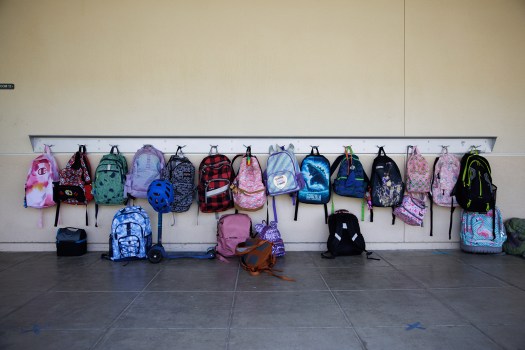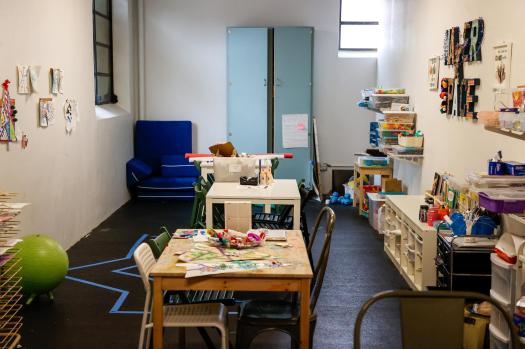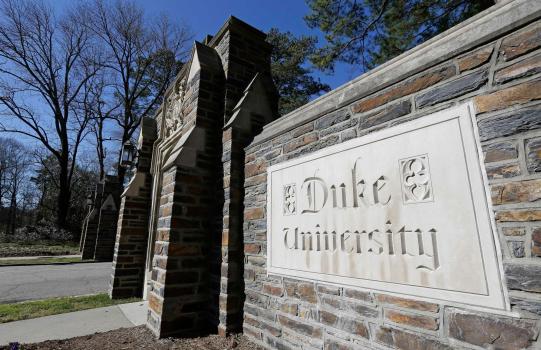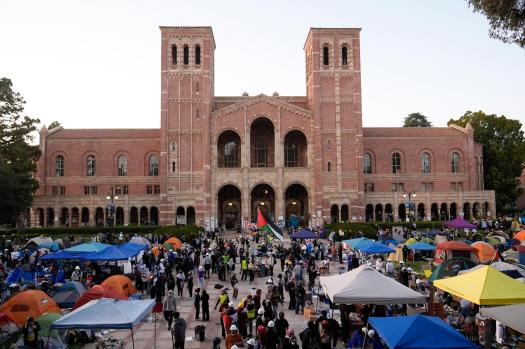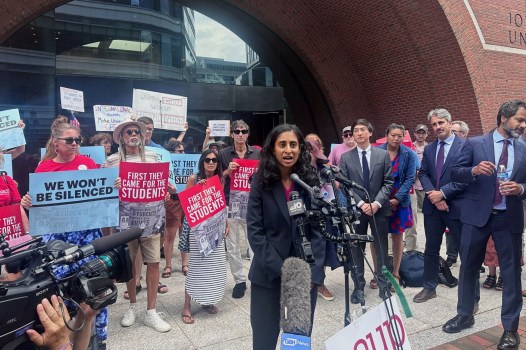TALLAHASSEE Florida will begin a month-long sales-tax vacation for back-to-school buyers on Friday, coupled with the removal of sales taxes on other categories of goods. The move has been hailed by businesses and criticized as a ploy.
Although lawmakers this spring authorized making back-to-school tax holidays an annual event in August, Florida has always celebrated them for varied durations of time.
Customers can avoid paying sales taxes on:
bags, shoes, and clothing for under $100. $50 or less for school supplies. educational resources priced at $30 or less. $1,500 or less for personal PCs.
According to the Florida Retail Federation, parents nationwide are expected to spend an average of $858 on clothing and supplies for pupils in kindergarten through the twelfth grade.
In families with college-age children, the average rises to $1,326. The biggest expense for K–12 pupils is electronics, which is followed by clothing.
Lorena Holley, general counsel and vice president of the Florida Retail Federation, stated that retailers always look forward to this holiday. They always anticipate big crowds and promote extra specials.
However, not everyone is a fan of tax breaks.
The Institute on Taxation and Economic Policy, located in Washington, D.C., contends that working families do not significantly benefit from the discount periods.
Miles Trinidad, a state analyst for the nonprofit organization, wrote on July 17 that wealthy taxpayers are frequently in the best position to gain from a temporary exemption because they have greater flexibility to change the timing of their purchases to take advantage of the tax break, an option that isn’t available to families living paycheck to paycheck.
Making the back-to-school holiday a monthly event instead of requiring annual approval gives retailers more clarity about the length and the things that will be featured, according to a statement made last week by the business-friendly Tax Foundation in Washington, D.C.
The foundation, however, expressed concerns about these holidays as well, stating that certain products are sold during periods of strong demand, such as August for back-to-school supplies and the pre-storm season for hurricane preparation supplies.
According to foundation intern Brayden Myers and senior policy analyst and research manager Katherine Loughead, the majority of these income losses are therefore linked to retail transactions that would have taken place in the absence of the additional incentive. Since the existence of a sales tax holiday is a tacit admission that the sales tax is excessively oppressive during the rest of the year, its frequency is a sign of deeper structural flaws in state tax legislation.
Following a protracted dispute between House and Senate leaders over a budget and tax cuts, the Legislature passed a larger tax package (HB 7031) last month that included the back-to-school holiday. At first, House leaders opposed tax holidays and favored a uniform reduction in the state’s sales tax rate.
Holley attributed the maintenance of the sales tax holiday to lobbying by the Retail Federation and other organizations.
According to Holley, we had faith that we would eventually arrive at our destination.
Permanent sales-tax exemptions will be established by the tax package, which goes into effect on Friday, for a number of products, including batteries, portable generators, tarps, gas cans, life jackets, bicycle helmets, sunscreen, and insect repellent.
Such things were formerly covered by tax holidays for leisure activities in the summer and disaster-preparedness supplies at the beginning of hurricane season.
Back-to-school holidays were first established in 1998 and have been observed every year since 2010. Because the state was having trouble with its funding during the recession, they were not held in 2008 or 2009.
House Speaker Daniel Perez, R-Miami, would not endorse tax holidays this year, despite the fact that they have been well-liked by consumers and merchants. He instructed House budget leaders to examine the budget and identify significant savings in recurring revenue as soon as the legislative session began on March 4.
“At the time, we congratulate ourselves on providing easy-to-fund non-recurring sales tax holidays, and we spend every new dime of recurring revenue.”
However, Senate President Ben Albritton, a Republican from Wisconsin, said that the holidays are widely used and well-liked.
As the tax package was signed by Governor Ron DeSantis on June 30, Albritton stated, “We are expanding our current holiday and creating a consistency that benefits both consumers and retailers by creating a permanent tax holiday every August on clothing, shoes, school supplies, and personal computers.”
The House’s plan to lower the overall sales tax rate is not included in the package. The tax package’s biggest reform will remove a tax on commercial leases, which industry associations have long wanted.
According to projections, consumers save $217 million annually over the back-to-school holiday.
Additionally, the package includes a sales-tax exemption on firearms, ammo, and items like fishing and camping gear from September 8 through December 31.
